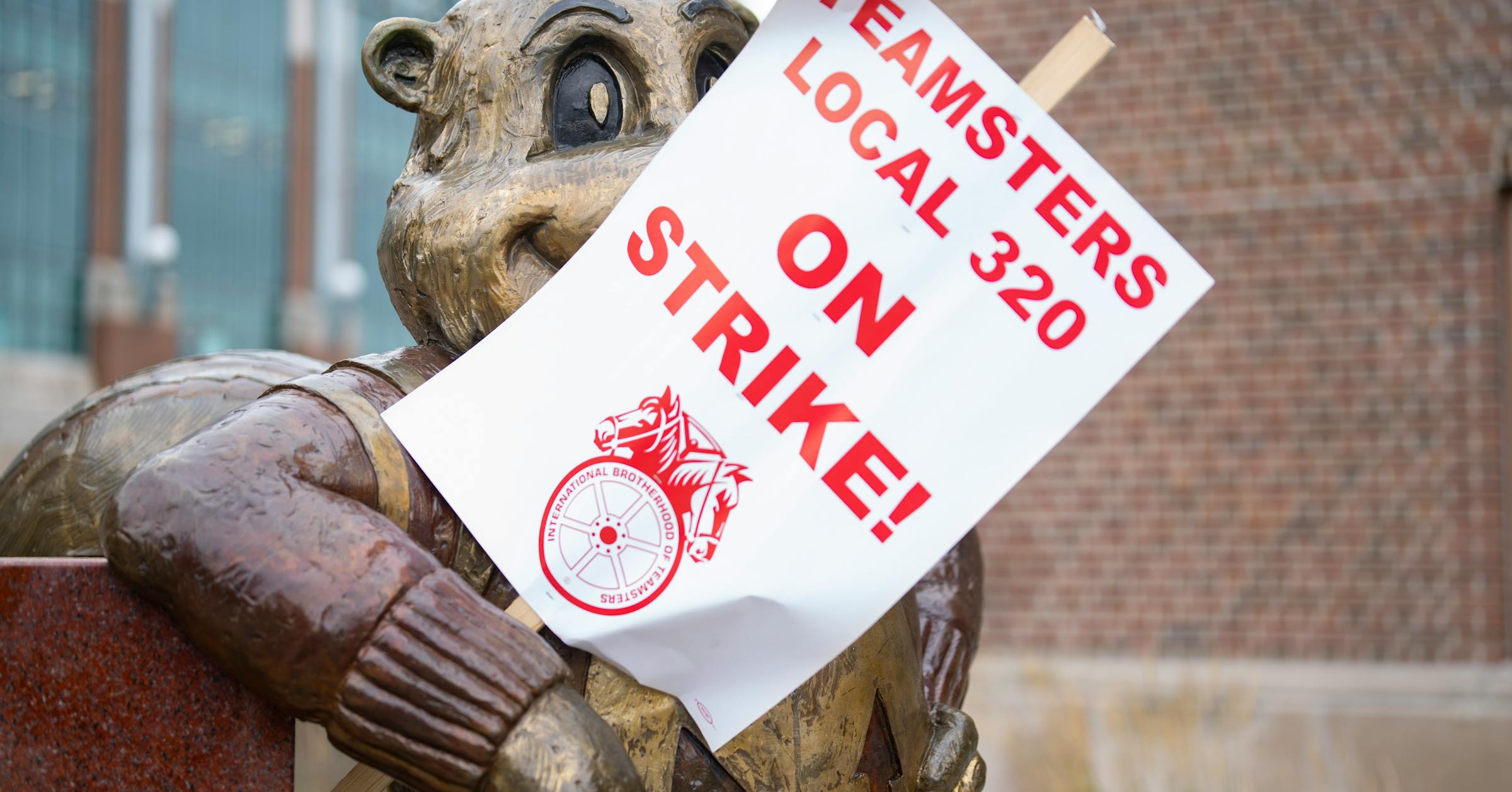New Jersey Transit Engineers Go on Strike

About the People Mentioned
Engineers
Engineers are professionals who apply scientific and mathematical principles to design, develop, and maintain systems, structures, and processes across a wide range of industries. Their work bridges scientific discoveries and practical applications aimed at improving human life and business efficiency. Engineers specialize in diverse fields such as civil, mechanical, electrical, aerospace, chemical, and software engineering, among others, each focusing on specific types of projects and technologies[1][2][4]. Their core roles involve designing and testing prototypes, developing innovative solutions, ensuring safety and regulatory compliance, and optimizing processes and products for better performance and sustainability. Engineers often collaborate with multidisciplinary teams, coordinate with stakeholders, and advise on environmental and societal impacts. Key tasks include drafting blueprints, conducting feasibility studies, performing quality control, and utilizing advanced software tools like Computer-Aided Design (CAD) for precision in their work[1][3][5]. Engineering achievements have historically enabled critical infrastructure development, technological advancements, and innovations such as spacecraft, medical devices, and sustainable energy solutions. Today, engineers continue to play a vital role in addressing contemporary challenges, including climate change, digital transformation, and infrastructure modernization. Education for engineers typically requires at least a bachelor's degree in a relevant engineering discipline, often from accredited institutions. Advanced degrees or certifications can enhance research opportunities or specialized expertise. Engineers must possess strong analytical skills, creativity, attention to detail, and effective communication abilities to succeed in their roles[3][5]. Currently, engineering remains a dynamic and essential profession, adapting continually to new technologies and global needs. Engineers are instrumental in driving innovation, improving safety, and enhancing quality of life worldwide[1][2][4][5].
About the Organizations Mentioned
NJ Transit
**NJ Transit** (New Jersey Transit Corporation) is the largest statewide public transportation system in the United States and the third-largest provider of bus, rail, and light rail transit by ridership nationally. It serves the state of New Jersey and extends services into parts of New York and Pennsylvania, connecting major commercial and employment centers, including New York City and Philadelphia[1][2]. Founded in 1979 and operational since 1983 after taking over commuter rail services from Conrail, NJ Transit was created to consolidate and improve public transit in New Jersey. It operates under an eight-member Board of Directors, with oversight including the New Jersey Department of Transportation and federal bodies such as the Federal Transit Administration. NJ Transit manages a large and complex network covering 5,325 square miles, featuring 252 bus routes, 12 rail lines, and a fleet of 2,220 buses, 1,230 trains, and 21 light rail vehicles. It serves nearly one million daily riders, with annual ridership approaching 270 million trips[1][2][8]. Key achievements include its role as an economic engine for New Jersey by providing critical regional mobility and commuter access, and extensive capital investment programs with over 200 infrastructure projects underway to enhance speed, safety, and reliability. NJ Transit is also notable for its integrated approach to safety and security, exemplified by the New Jersey Transit Police Department’s initiatives that include a state-of-the-art command vehicle, expanded outreach units, and being the first transit agency in the U.S. to achieve ISO certification for cybersecurity[3][4]. NJ Transit faces challenges such as operating in the nation’s busiest rail corridor—much of which is owned by Amtrak—and the need for ongoing infrastructure renewal. Despite these, it remains a vital transportation backbone regionally, continuously innovating in safety, customer experience, and capital delivery to meet the demands of a densely populated and economically significant area[1][3][4][5].



















